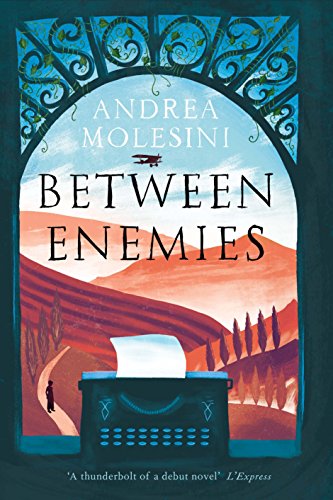Between Enemies
November 1917. Austrian soldiers requisition the estate of the aristocratic Spada family, near Venice. The family and their servants, as well as the occupying forces, struggle to find a way of living together against a background of barbarity which tests standards of civilised living on both sides and foreshadows a new Europe in which there will be no place for aristocratic archaisms.
Narrated by 17-year-old Paolo Spada, heir to the estate, this novel is more than a little reminiscent of Lampedusa’s The Leopard. It is similarly distinguished by its memorable characterisation and its combination of tragedy and broad humour, as well as by its setting at a major turning point in history among people who are deeply rooted in the traditions of the past. Although the dramatic events of the Great War drive the story, what lies at its heart is the way in which everyone – from Grandma Nancy, obsessed by mathematics and enemas, and Grandpa Guiglielmo, who escapes into the novel he believes he’s writing on a typewriter named Beelzebub, to Baron von Feilitzsch, whose sense of military honour is warped by a dishonourable and brutal conflict, and the steward, Renato, leading a double life – struggles to come to terms with the new era. This is a novel of quiet, genteel desperation in which, until its unbelievably tense conclusion, most of the action takes place off-stage and the focus is on the interior lives of the characters.
A wonderful novel but not, alas, as well served by its translators as it merits. However, despite some passages of somewhat clunky English, it’s a great read – funny, tragic, surreal, romantic, brutal and utterly gripping from beginning to end. Highly recommended.










